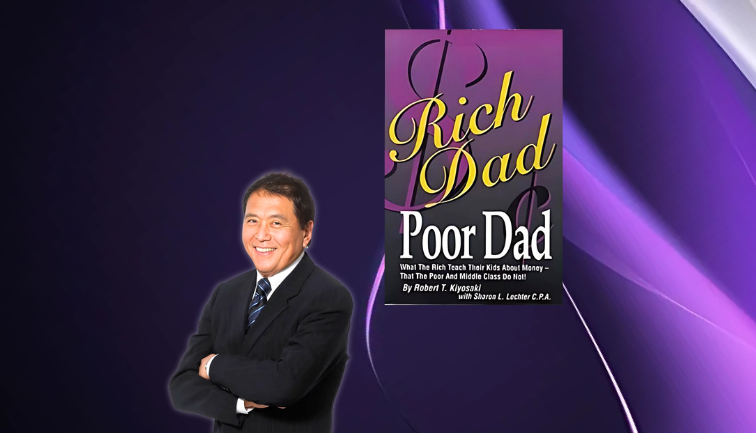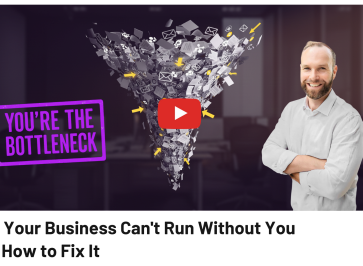Over 20 years ago I learnt about the cashflow quadrant.
I knew then that I did not want to be the 90% employed, or the overworked self-employed.
I wanted to be a business owner and an investor.
Robert Kiyosaki’s book “Rich Dad, Poor Dad” may sound like a kid’s book from the title, but the principles are important foundations for all entrepreneurs.
At the heart of it, philosophical differences that separate the wealthy from the “poor”.
And when Kiyosaki says “poor” he really means those who have a “job”!
In this book the “poor dad” actually held a high position in education and emphasised the importance of academic success, job security, and living within one’s means.
“Poor dad” was intelligent but had a completely different mindset to his “Rich dad”.
Here were my key takeaways:
1. The Importance of Financial Education
Solid financial education is crucial.
Traditional schooling teaches us to be academically and professionally successful, however it falls short on lessons about money management.
“Rich Dad” emphasized learning how money works and how to make it work for you.
2. Assets vs. Liabilities
An asset puts money in your pocket, whereas a liability takes money out.
Rich Dad advocated for accumulating assets like real estate, stocks, and bonds, instead of liabilities.
3. The Battlefield of Wealth Is Won in the Mind
Poor Dad sees a world of scarcity; Rich Dad sees a world of abundance.
Perception shapes reality.
4. Overcoming Fear and Taking Risks
Fear of losing money prevents many from investing.
Rich Dad taught that overcoming this fear through knowledge, and embracing calculated risks, is essential for financial growth.
5. The Importance of Action
Knowledge alone isn’t enough; action is required to achieve financial success.
Kiyosaki emphasizes the need to apply what you learn about finance and investing to real-life situations.
6. Work for Knowledge, Not for Money
Rich Dad advocates for learning over earning in the early stages of one’s career.
The skills and insights gained are the real treasure, far outweighing the temporary comfort of a paycheck.
7. Wealth Perception
The mindset difference between the two dads is stark.
Poor Dad viewed wealth as a result of a linear path of education and hard work in a conventional job.
Rich Dad, however, saw wealth as a result of financial literacy, investments, and entrepreneurship.
8. Making Money Work for You
The conventional wisdom of working for money is flipped on its head.
Kiyosaki, through Rich Dad’s teachings, advocates for creating and acquiring income-generating assets to achieve financial freedom.
This way, your money works for you, not the other way around.
Talk soon,
Lloyd
PS – Is your business starting to feel like a job? Let’s chat.






